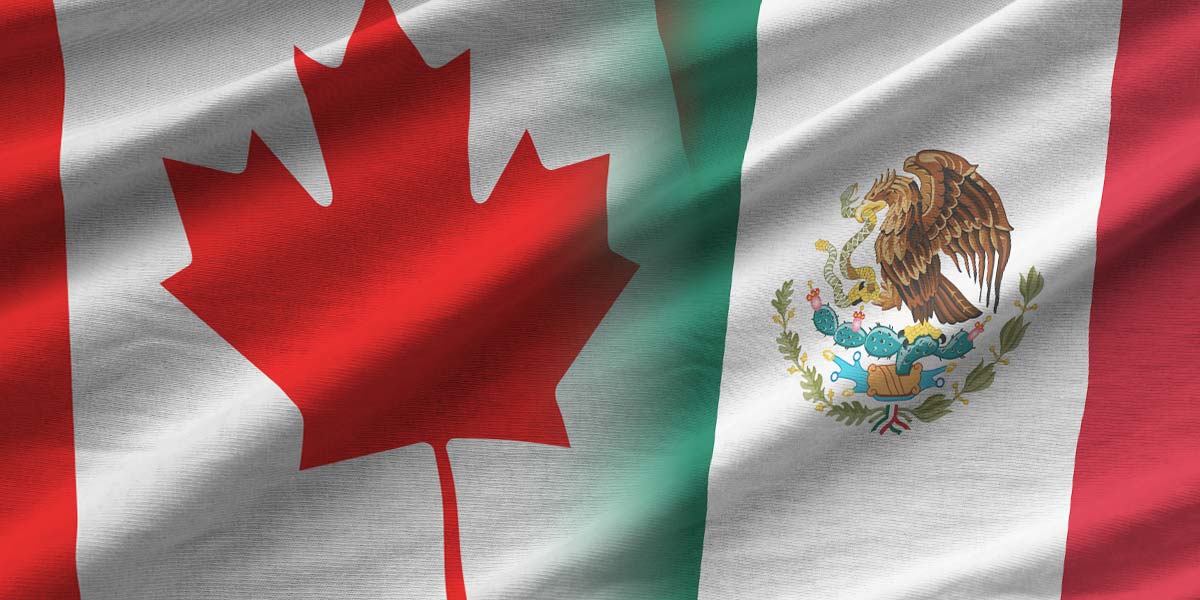Canada and Mexico have entered into a sweeping strategic partnership aimed at strengthening economic and security relations, just as both countries prepare for what is anticipated to be a difficult negotiation round with the U.S. on their trilateral trade agreement.
On Thursday in Mexico City, Canadian Prime Minister Mark Carney and Mexican President Claudia Sheinbaum formalized the deal, which encompasses ambitious plans to develop infrastructure—including ports, rail links, and energy corridors—while also committing to address crime and protect the environment.
Carney, expressing optimism, said that upcoming reviews and discussions surrounding CUSMA would only serve to reinforce the strength of each domestic economy and underline the collective economic power of the partnership. Meanwhile, Sheinbaum echoed the sentiment, describing the trilateral agreement as the optimal framework for all three nations.
To further bilateral economic integration, Carney announced that his agriculture minister will visit Mexico next month to explore agricultural trade prospects, while his trade minister will lead a trade mission aimed at expanding immediate trade and investment opportunities.
As part of the newly signed accord, Canada has committed USD 9.9 million to United Nations-supported initiatives focused on drug enforcement and migrant integration.
Earlier, President Sheinbaum indicated her priorities for the talks with Carney would include expanding ocean trade routes and maintaining short-term work visas. At the press briefing, Sheinbaum confirmed both countries agreed to uphold existing work visa arrangements, with a commitment for their respective labour ministries to maintain close cooperation.
Despite the warm bilateral overtures, the expert view remains that both Canada and Mexico’s primary focus is on recalibrating ties with the U.S. Solange Márquez, a diplomacy expert and university professor, stated that competition—rather than collaboration—now defines much of the relationship between the two, especially in the automotive sector. She noted that the U.S. President Donald Trump’s administration is pursuing policies to lure more car manufacturing stateside through tariffs on Canadian and Mexican goods.
During a Wednesday press event, Sheinbaum clarified that Carney’s visit should not be seen as undermining the continent-wide alliance, but instead as an effort to bolster Mexico-Canada ties. She also pressed Canadian mining firms to improve adherence to Mexico’s environmental standards.
When asked on Thursday whether Canada and Mexico are working toward a trilateral summit, Sheinbaum said such discussions would occur after CUSMA has undergone review. Carney added that both nations maintain open communication channels with President Trump and anticipate working through the review process.
The leaders both voiced confidence that the three nations’ presidents will reunite during the FIFA World Cup, with Carney announcing that his secretary of state will serve as Canada’s designated FIFA representative, working alongside his U.S. and Mexican counterparts to ensure the success of the 2026 tournament.





